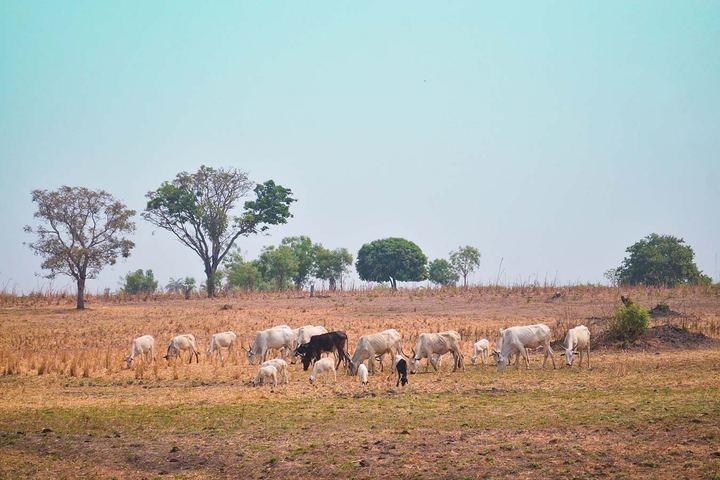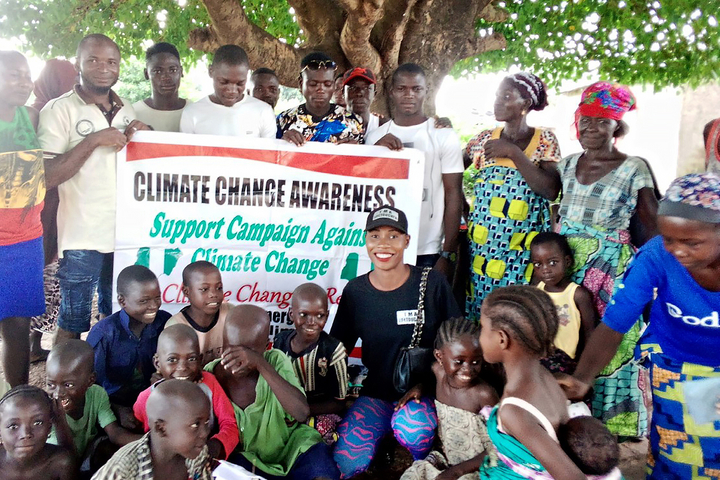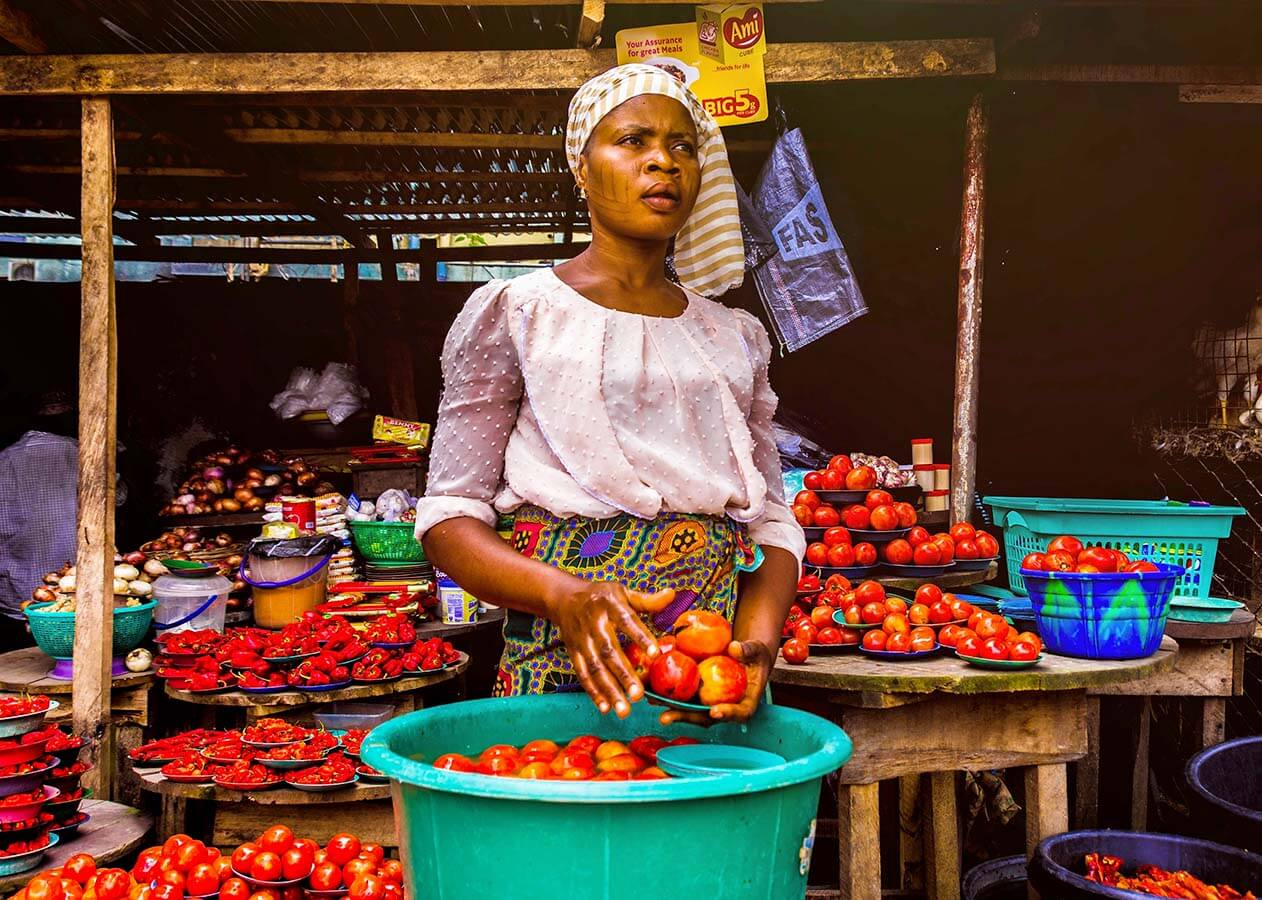Women are the first to suffer the consequences of climate change and the last to receive economic gains. Adenike Oladosu calls for an ecofeminist approach to empower small-scale women farmers in addressing the challenges of climate change, and to realise food security in Nigeria.
Eco-feminist theory asserts a feminist perspective of green centered society. It calls for an egalitarian, collaborative society in which there is no dominant group. Eco-feminist analysis explores the connection between women and nature, addressing the parallels between the oppression of both.
Women are the first victims of environmental catastrophe, primarily because they constitute the majority of the poor and are dependent on threatened natural resources. They also face social, economic, and political barriers that limit their coping capacity. In rural areas of Nigeria, women are often the home keepers making them especially vulnerable since they are highly dependent on local natural resources for their livelihood and to care for their family.

Climate disasters such as droughts and flooding have led to the disruption of food chain supplies, thereby destroying the socio-economic fabric of society in which women are at the center. When environmental deterioration occurs, women are the first to suffer; when economic gains occur, women are the last to receive its benefit.
This has over the time widened the pay gap between genders. Therefore, as climate change perseveres, women often bear the burden due to existing gender inequalities in most societies where societal, cultural, legal, and political restrictions often undermine women’s adaptability and resilience.
Women in agriculture
In this context, my work as an eco-feminist on the continent of Africa has spotlighted issues relating to how the environment affects women’s rights in various forms. I have found that the violation of these rights cuts across humanity as a whole – calling for equality in terms of finance, capacity building, and acquisition of land.
For my degree, I have once researched on the accessibility of loans for poultry production in Kuje Area Council in Abuja, Nigeria, coupled with the Eleven Eleven Twelve foundation’s research on composting as an alternative waste management option to further improve soil fertility for degraded land. I found out that, women farmers make up almost half of the farming community and most of these women are small scale farmers.
It is prohibited for a woman to have land to herself
Despite this, women are yet to have the full rights to inherit land and, in some cultures, it is prohibited for a woman to have land to herself. To a large extent, some traditional belief systems have been a hindrance towards women’s full participation as farmers. That said, high yields are recorded despite little access to land or loans. These high yields are often due to women bringing forth their indigenous knowledge into their practice.
If it take women to be able to produce 60 to 80% of world’s food without all the rights to own or inherit a land, you can imagine how much more women will be able to multiple their production capacities to feed the nations if they are given the full access to own a land.
Food security and Covid
During the COVID-19 lockdown in Nigeria, I observed at a point that it was difficult to get access to tomatoes, pepper and even vegetables because farmers were affected by the lockdown. Due to this reduction in supply, individuals paid the same price for a lower quantity of the same product. Also, during these six weeks of lockdown, I found that there was a total dependence on the small-scale farm. To a large extent, these farms have helped in reducing severe food insecurity that the country would have faced.

80% of these small-scale rural farms are women-led signifying for me that solving food insecurity needs a feministic approach. In Nigeria, agricultural productivity is dependent on women and food insecurity is a woman sensitive crisis. Hence solving food insecurity requires legislation that provides women with access to funding and land. If women are empowered, they can provide food for their family and the community at large from small-scale farming, as they have demonstrated during the corona crisis.

An eco-feministic approach
All of this further emphasizes that achieving gender equality goes together with the eradication of extreme hunger and poverty, paving the way towards food security through environmental stability in times of severe climate change. When we empower women – by supporting equal access to land, agricultural extension services, financial inclusion, and education – we give them the tools to become true custodians of our biodiversity.
In our ever-changing world, climate change induced instability affects our food culture and leads to conflict as women pay for the consequences. This is a call for an eco-feministic approach in our food culture that will create equality for all.
The more women that are left behind on environmental matters, the more threats to our food culture and security we risk.



